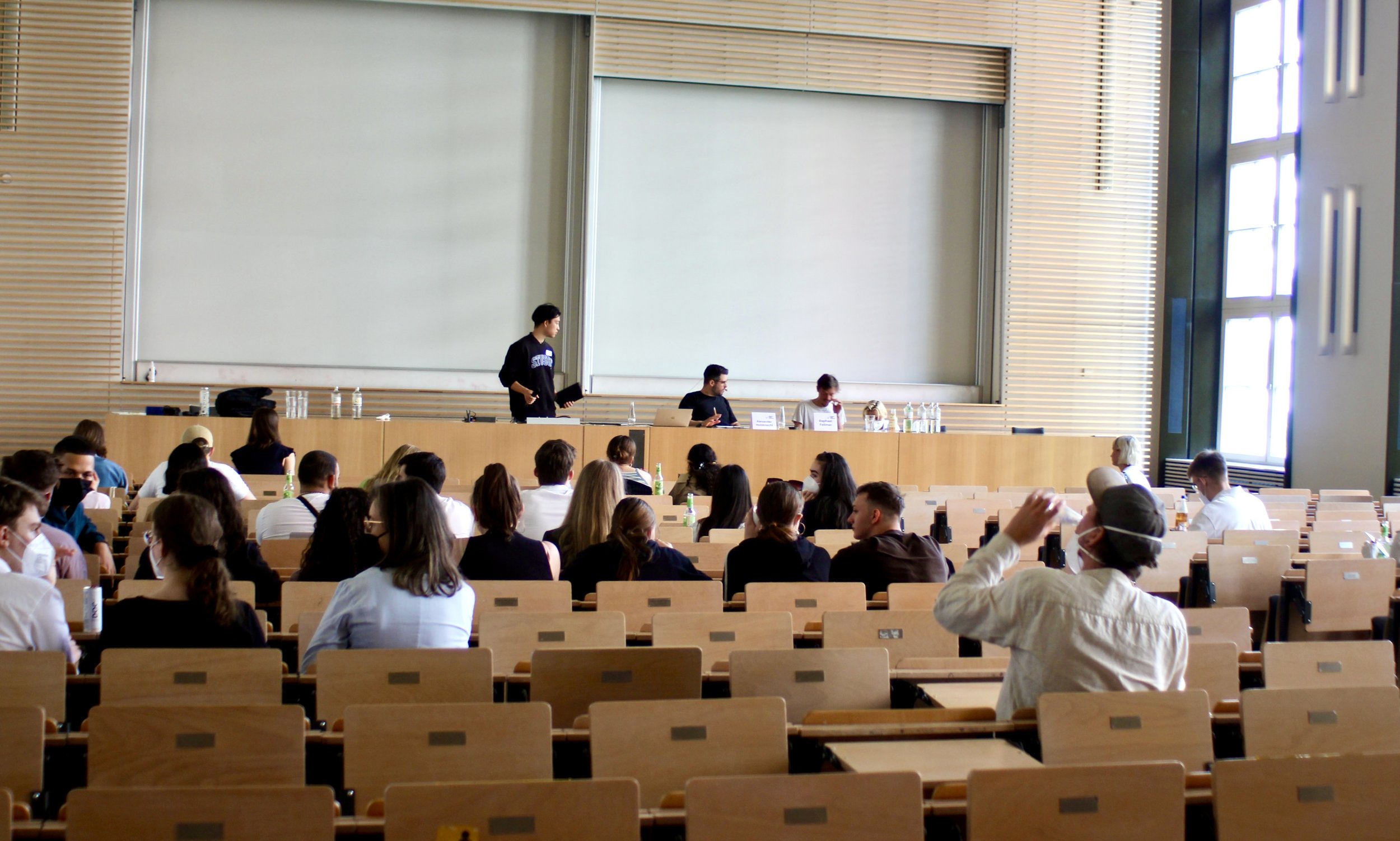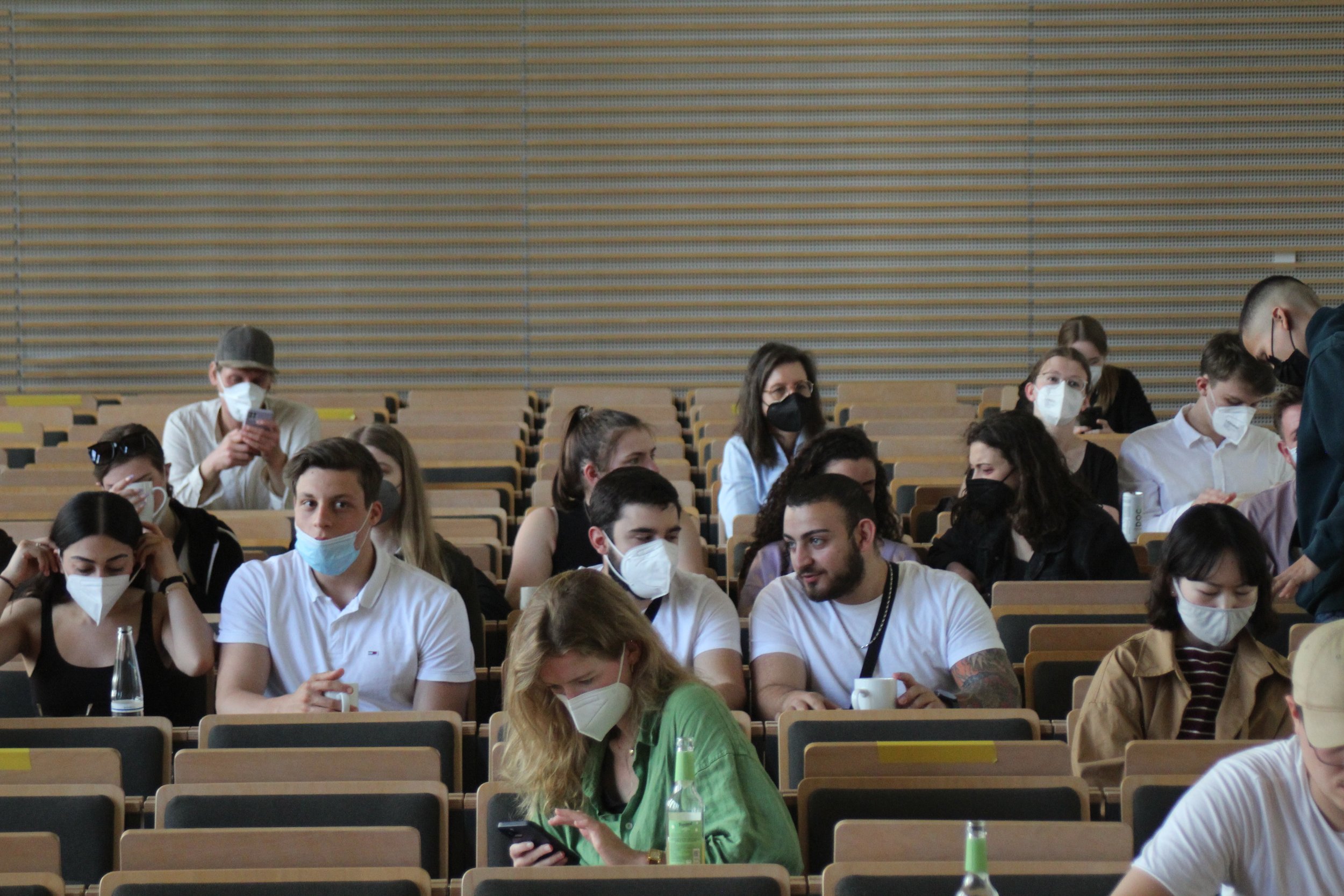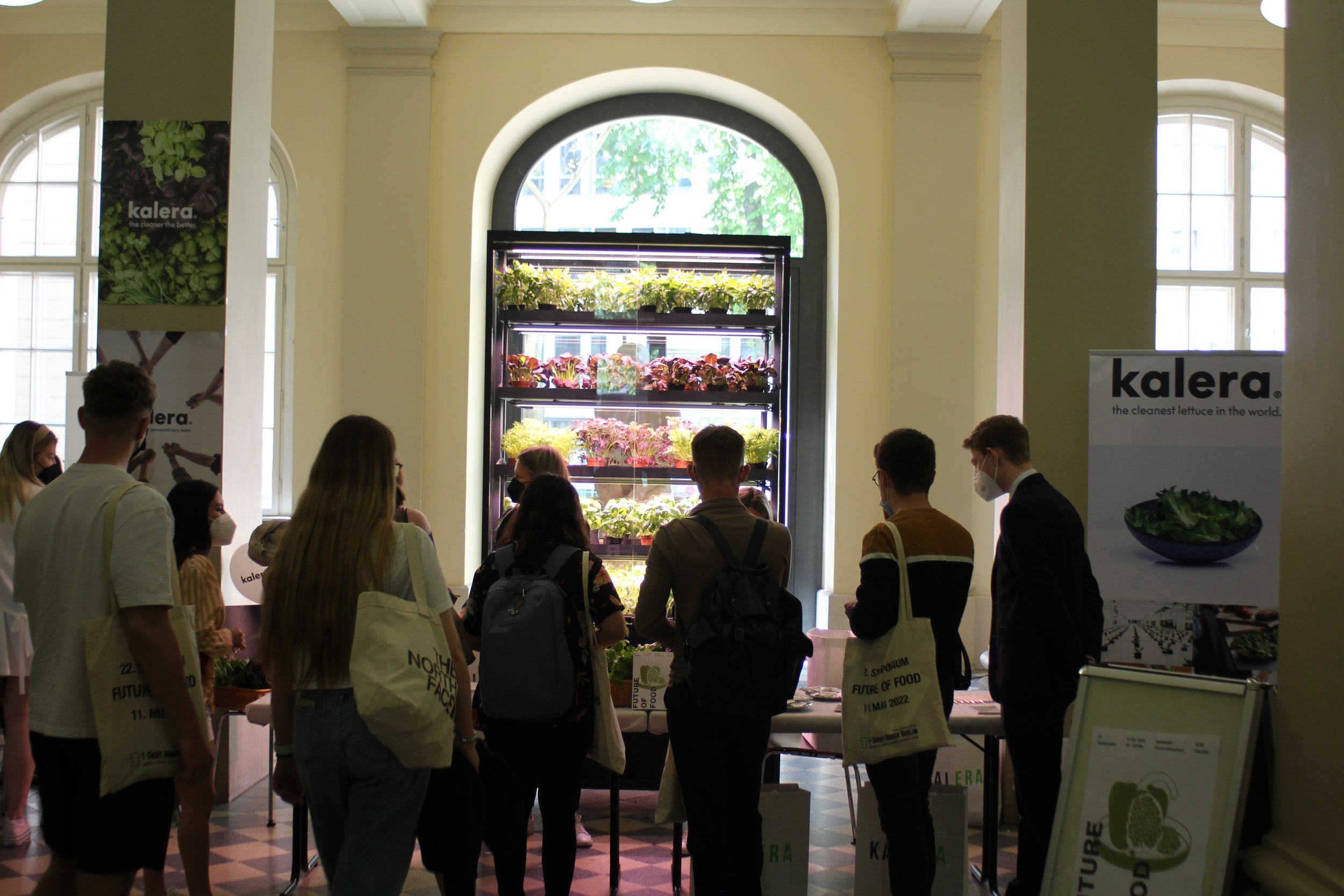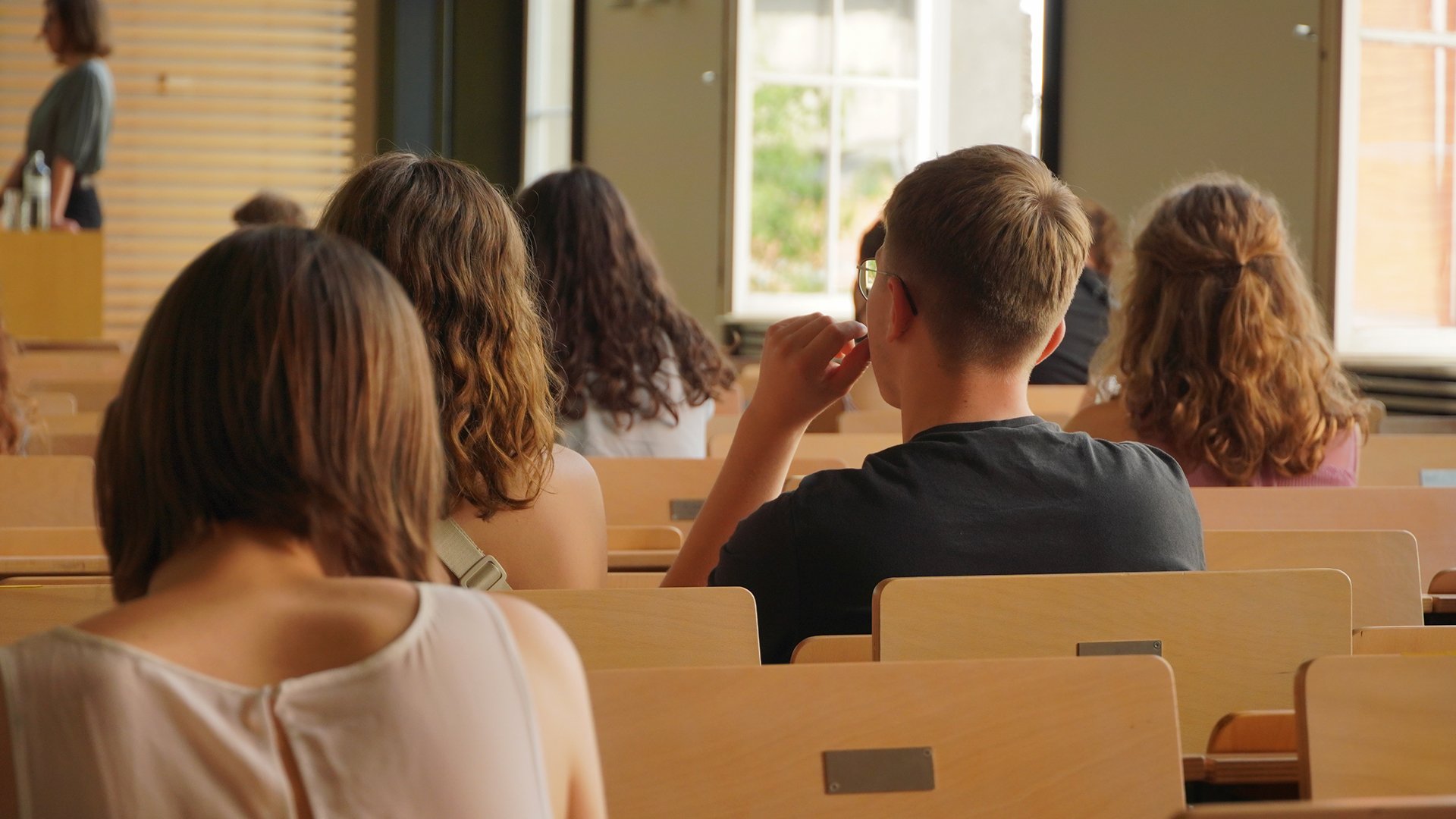Think Tank – Initiatives to Battle Food Waste
Guests: Alexander Holzknecht & Raphael Fellmer
Alexander Holzknecht is the global chief commercial officer of Motatos dedicated to finding online food overstock solutions. Motatos is an online grocery shopping website that allows its customers to find groceries at a lower price depending on their expiration date and to have them delivered to the front door.
Raphael Fellmer is an entrepreneur, climate activist, author and cofounder of the Berlin startup SIRPLUS, which is also trying to solve the food waste problem. In order to raise awareness and to show everyone how to reduce their carbon footprint, he went into a money strike for five years in 2009 and started a dumpster diving lifestyle.
SIRPLUS and Motatos are principally the same, considering how both companies provide groceries online that are either aesthetically less pleasing or close to their expiration dates but still edible.
The event started with an introduction of both speakers and their companies. Alexander talked about how their long-term goal is to eradicate waste, food-based or otherwise; he mentioned selling goods past “best before” dates but never bad or inedible. The startup was founded in Sweden in 2013 by three friends with the goal to fight climate change. It seemed only logical to start a company saving food, since roughly 1/3 of the food we produce goes to waste.
SIRPLUS was founded in 2017 and motivated by the fact that everyone can contribute to the fight against food waste. Just like Motatos, SIRPLUS offers groceries that bigger supermarket chains wouldn’t sell anymore due to the appearance or other factors. They include: old design, production surplus (inspiration for the name of the company), the size of the product or mistakes in the logistics. That way, the food that is perfectly edible but would have landed in the bin otherwise, gets put back into the cycle.
Both SIRPLUS and Motatos have numerous suppliers, ranging from supermarket chains to farmers themselves. This enables the maximum saving of food, since farmers also throw away aesthetically unpleasing but edible food. To achieve complete carbon neutrality, the speakers also discussed sustainable packaging, efficient supply chains and other alternatives for their own production surplus.
This is also the reason why startups such as SIRPLUS or Motatos are so important: we do not realize how much food we waste, the ugly tomato in EDEKA that you didn’t buy probably was never sold and thus ended up in the bin. SIRPLUS and Motatos will handpick these food items to ensure the ugly but perfectly fine tomatoes end up in someone's stomach.
Both Raphael and Alexander emphasized that their startups were not founded to maximize profit but are really there to raise and spread awareness as well as making the world a better, more sustainable place.
The conversation ended with a Q&A session where the speakers were asked questions by the audience. In this part, they discussed their plans for the future and ideas, which are hopefully going to turn into reality.
So don’t be surprised when you see the startups going international in a few years and remember: pick the ugly tomato next time, don’t judge the tomato by its cover.
By Dennis Chen




